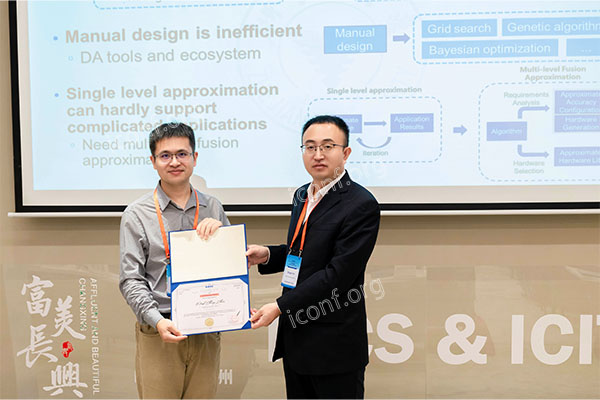The journey from the theoretical underpinnings of Emotional Intelligence (EI) research documented in scholarly journals to the dynamic discourse on the conference stage represents a critical transition. This transformation entails translating complex theories and empirical findings into actionable insights that can inform practices, policies, and personal development strategies. The bridge between EI research and its application is vital to the advancement of the field and the cultivation of environments that foster emotional well-being and leadership. Here’s how researchers, practitioners, and conference attendees can play active roles in this translation process to maximize the impact of EI research.
**Distilling Insights for Diverse Audiences**
One of the primary challenges in translating EI research into action is ensuring the findings are accessible and relevant to diverse audiences. Researchers are encouraged to distill their insights into key takeaways that resonate with both academic and non-academic attendees. This involves simplifying complex ideas without losing their essence, creating a compelling narrative that engages different stakeholder groups, including educators, business leaders, and healthcare professionals.
**Crafting Engaging Presentations**
Conference presentations offer a unique platform to bring EI research to life. Presenters should focus on crafting sessions that not only highlight their findings but also engage audiences through interactive elements like case studies, workshops, or live polls. These methods can help attendees grasp the practical implications of research and encourage them to envision how these insights could be applied in their own contexts.
**Facilitating Conversations Between Theory and Practice**
Conferences serve as a melting pot where theory meets practice. By facilitating dialogue between researchers and practitioners, these gatherings can uncover gaps in knowledge and identify opportunities for applying EI research in innovative ways. Panel discussions, roundtable conversations, and networking events are excellent avenues for sparking these important conversations. They provide a space for exchanging ideas, challenging assumptions, and collaborating on future projects that bridge the divide between research and real-world application.
**Highlighting Success Stories and Best Practices**
Translating research into action is greatly enhanced by sharing success stories and best practices. Presenters and attendees alike should be encouraged to share instances where EI research has been successfully applied, detailing the strategies used and the outcomes achieved. These stories can serve as powerful testimonials to the value of EI research and inspire others to explore how these insights can be leveraged in various settings.
**Encouraging Continuous Learning and Adaptation**
The field of Emotional Intelligence is ever-evolving, and as such, the process of translating research into action requires adaptability and a commitment to continuous learning. Conference participants should be encouraged to view these translations as iterative processes, where feedback and outcomes inform future research and implementation efforts. Establishing communities of practice or follow-up sessions can help sustain momentum and foster ongoing dialogue between conferences.
**Conclusion**
Translating EI research into actionable insights is a collaborative and dynamic process that benefits from diverse perspectives and expertise. By following these strategies, researchers, practitioners, and conference attendees can collectively enhance the impact of Emotional Intelligence research. From the detailed analysis on journal pages to the vibrant discussions on the conference stage, every step in this journey contributes to the broader goal of fostering emotionally intelligent societies where people thrive.
